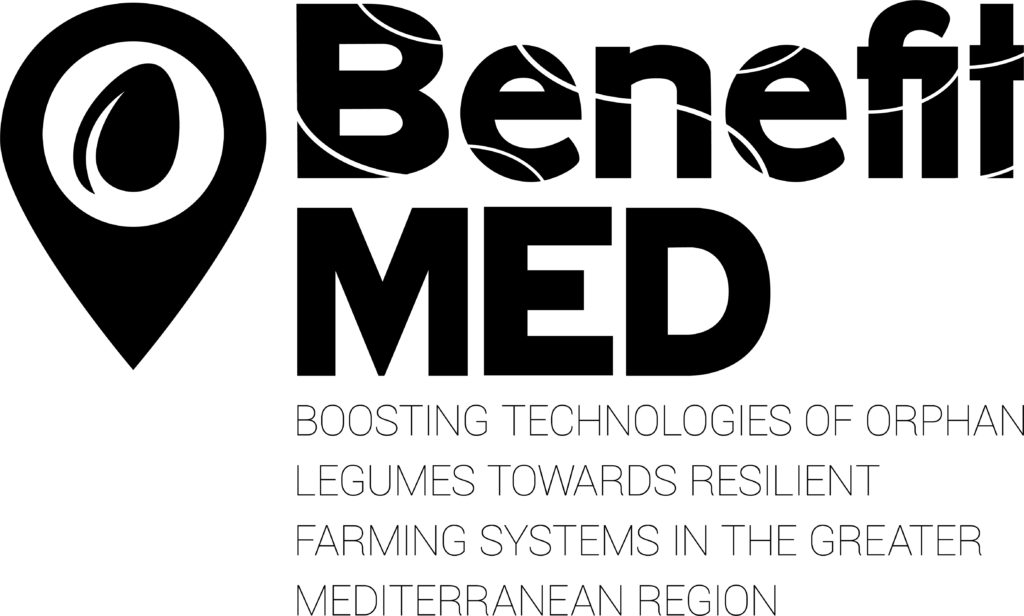Boosting technologies of orphan legumes towards resilient farming systems in the Greater Mediterranean Region: from bench to open field.
Boosting technologies of orphan legumes towards resilient farming systems in the Greater Mediterranean Region: from bench to open field.
Boosting technologies of orphan legumes towards resilient farming systems in the Greater Mediterranean Region: from bench to open field.
Boosting technologies of orphan legumes towards resilient farming systems in the Greater Mediterranean Region: from bench to open field.
Boosting technologies of orphan legumes towards resilient farming systems in the Greater Mediterranean Region: from bench to open field.
Boosting technologies of orphan legumes towards resilient farming systems in the Greater Mediterranean Region: from bench to open field.
Boosting technologies of orphan legumes towards resilient farming systems in the Greater Mediterranean Region: from bench to open field.
Boosting technologies of orphan legumes towards resilient farming systems in the Greater Mediterranean Region: from bench to open field.
About the project
BENEFIT-Med was conceived with a focus on improved seed germination, as a starting point to valorize orphan legumes and promote local socio-economic development in North-Africa and Mediterranean area. Enhanced germination capacity defines high-quality seeds as proxy of successful crop yields. A well-structured seed system is required to boost the production and use of orphan crops.

Orphan legumes represent a biodiversity niche adapted to extreme soil and climate conditions, tailored to face changing environments. There is limited information about orphan legumes characteristics, use, and integration into farming systems. Their value as climate-ready crops could be significantly increased by improving seed quality through dedicated sustainable priming techniques.
Goals
1
Sustainable crop production
BENEFIT-Med aims at developing an innovative technology for sustainable crop production, relying on highly resilient orphan legume accessions and ‘on-farm’ seed biopriming to enhance seed vigor and seedling performance under adverse climatic conditions.
2
Sustainable development
The availability of primed seeds of Mediterranean orphan legumes will contribute to improve local food production and buffer economic/social/environmental shocks, providing higher incomes to smallholder farmers, particularly women. The socio-economic benefits for the farmers will be evidenced through Life Cycle Analyses and Life Cycle Costing analyses, highlighting profitability, resilience and environmental sustainability.
3
Low-cost, easy-to-use seed priming
‘On-farm’ seed priming protocols will improve seed vigor of resilient orphan legumes under stress conditions, boosting the agronomic performance and yield stability of the target accessions.
4
Climate change vulnerability maps
Climatic projections joined to an ex-ante assessment study will allow to identify agroecosystems vulnerable to environmental shocks, food insecurity and malnutrition and suited to BENEFIT-Med farming implementation.
5
Gain new knowledge on orphan legumes
A database will be established to collect the available data and knowledge generated by BENEFIT-Med. Guidelines will be provided to support re-design of cropping systems using the available genetic biodiversity of orphan legumes in the Mediterranean area.
6
Foster the BENEFIT-Med farming system
A multi-stakeholder platform will be established to promote the new farming system at multiple levels with focus on specific training/capacity building activities, and to target beneficiaries (small farmers, entrepreneurs, researchers and consumers) essential for upgrading the value chain.
